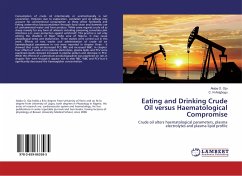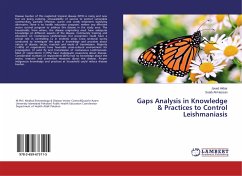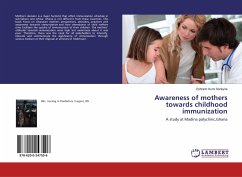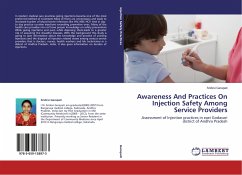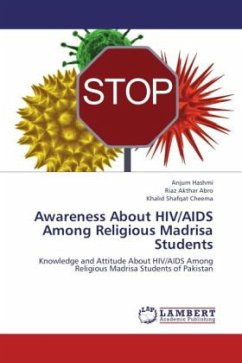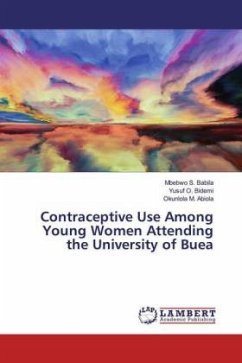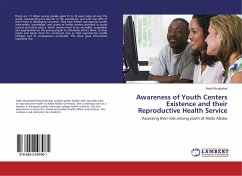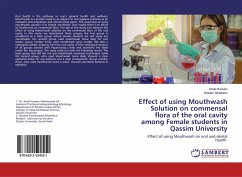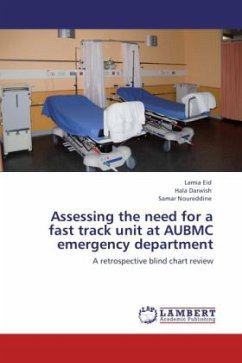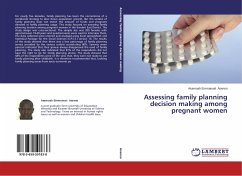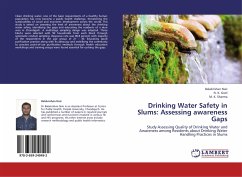
Drinking Water Safety in Slums: Assessing awareness Gaps
Study Assessing Quality of Drinking Water and Awareness among Residents about Drinking Water Handling Practices in Slums
Versandkostenfrei!
Versandfertig in 6-10 Tagen
32,99 €
inkl. MwSt.

PAYBACK Punkte
16 °P sammeln!
Clean drinking water, one of the basic requirements of a healthy human population has now become a public health challenge, threatening the sustainability of social and economic development across the world. This study is aimed on assessing the level of awareness about the drinking water safety, identifying the gaps and educating the residents of a slum area in Chandigarh. A multistage sampling design was adopted. Three blocks were selected with 90 households from each block through systematic random sampling. Response rate was 98.8 percent with majority of the respondents in the age group of ...
Clean drinking water, one of the basic requirements of a healthy human population has now become a public health challenge, threatening the sustainability of social and economic development across the world. This study is aimed on assessing the level of awareness about the drinking water safety, identifying the gaps and educating the residents of a slum area in Chandigarh. A multistage sampling design was adopted. Three blocks were selected with 90 households from each block through systematic random sampling. Response rate was 98.8 percent with majority of the respondents in the age group of 21 30. Educating good purification practice along with its advocacy and mobilizing the community to practice point-of-use purification methods through health education workshops and training setups were found essential for curbing the gaps.



